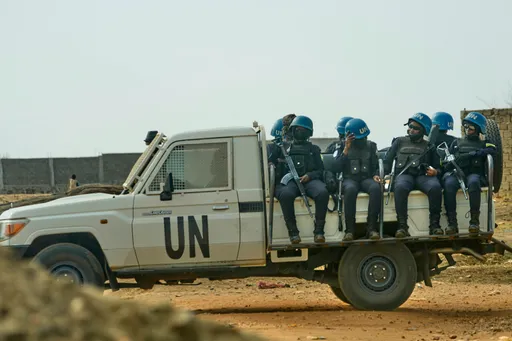The International Court of Justice, also known as the World Court, ruled against three nuclear disarmament cases brought forward by the Marshall Islands on Wednesday against India, Pakistan and the United Kingdom.
After World War II, the waters around the Marshall Islands had been used as a site to conduct atomic-bomb tests. Experiments in the Bikini and Enewetak atolls particularly between 1946 and 1958 caused mass devastation in the area.
One witness, former Marshall Islands foreign minister Tony deBrum, in a court hearing in March said that he saw some of his country's islands "vaporised" by a US atomic-bomb test when he was 9-years-old.
The case had originally been filed in 2014 against nine openly or presumed nuclear powers - the US, Russia, Britain, France, China, India, Pakistan, Israel and North Korea - but the cases against all but three were thrown out before they got to the preliminary stage of proceedings.
It argued that the nations were dodging restrictions on nuclear arms laid out by the 1970 Treaty on the Nonproliferation of Nuclear Weapons by developing a new generation of "tactical" nuclear weapons.
But the court has now ruled that the Marshall Islands had no case and that "consequently the court lacks jurisdiction" after Court President Ronny Abraham broke a deadlock between the sixteen judges involved in the cases.
Phon van den Biesen, a Dutch lawyer representing the tiny Pacific Ocean nation's 53,000 people, slammed the court's decision.
"If the court keeps creating this sort of threshold, what is the court for?" he said. "It's a dispute that is clear to all of the world except for eight judges here."
The court had previously issued a landmark advisory opinion in 1996 stating that using or threatening to use nuclear arms would "generally be contrary to" the laws of war and humanitarian law, while urging nations to pursue nuclear disarmament talks "in good faith."
But in the same advisory, opinion the court declared that it could not definitively rule on whether the threat or use of nuclear weapons would be legal "in an extreme circumstance of self-defence, in which the very survival of a state would be at stake."
























